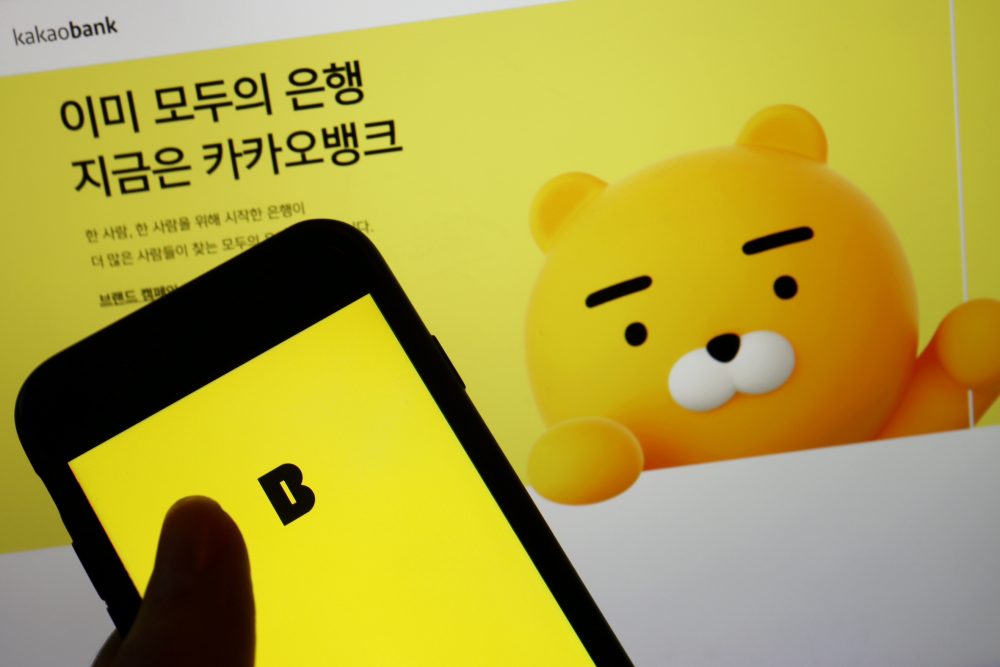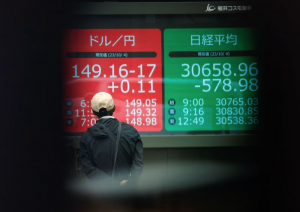Kakao Corp’s co-CEO Namkoong Whon stepped down on Wednesday under the pressure of public anger after South Korea’s largest mobile app was hit by a service outage.
The resignation will leave Hong Euntaek as the sole CEO, with Namkoong moving into an advisory role, having lasted only seven months as co-CEO after being appointed in July.
“As the CEO in charge of the business … all thinking revolved around sales and operating profit. Rather than staying in that role, I recognise the gravity of this situation,” Namkoong said.
Also on AF: Key Chip Supplier ASML Says No Hit From US China Sanctions
Hong and Namkoong apologised for the outage that begun on Saturday after a fire at a data centre run by SK C&C near Seoul, which cut off power to 32,000 servers, or about 30% of Kakao’s total.
“We did not prepare for a complete shutdown of an entire data centre,” Hong said at a press briefing, adding that previous emergency drills had mostly involved contingencies for surges in traffic.
“While Kakao has become a public service that the majority of the public uses, we’ve neglected responsibilities accompanying our status,” he added.
More than 650 small businesses complained about lost sales due to the Kakao outage, lobby group Korea Federation of Micro Enterprise said.
Systems Back-Up Bill
The ruling party’s policy chief said on Wednesday that lawmakers will propose a bill requiring companies like Kakao to back up their systems.
The group’s billionaire founder Brian Kim quit the board and Namkoong was tapped for the top job in March after controversy involving stock options exercised by some executives at its financial affiliate soon after its IPO.
KakaoTalk has more than 47 million active accounts in South Korea, making it one of the most ubiquitous apps in a country of 51.6 million.
It has leveraged its large user base to expand into games, advertising, intellectual property and other entertainment, and shopping, payments and mobility.
The company will also look into why service recovery work was slow, said Hong, and review compensation for users and businesses affected.
- Reuters, with additional editing from Alfie Habershon
Read more:
Kakao Shares Slump After Service Blackout Erodes Trust
Digital Lender Kakao Is South Korea’s Biggest Bank After $2.2bn IPO
South Korea to Scrap Tax on Foreign Bond Investment
























